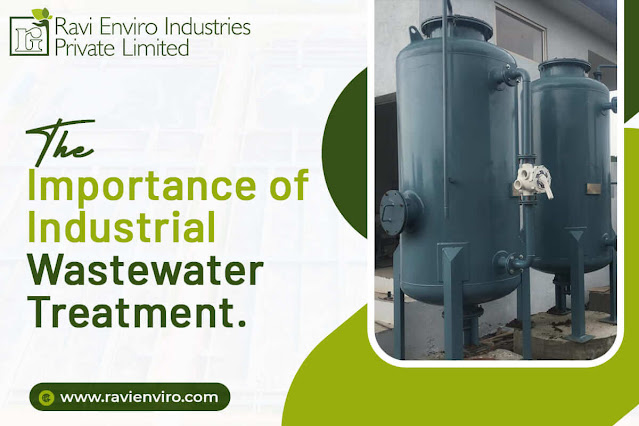What is an Industrial DM RO Water Treatment Plant?

DM RO plant full form is demineralised reverse osmosis water plant. It is the type of water that does not have any ions or minerals. This water has no ions and does not form any scales on metal when in contact. DM plants are engineered to produce an ion-free and mineral-free water for industrial purposes. There are many benefits of DM RO water treatment, such as reducing the scales and deposits in the pipe. There are many more positive impacts of demineralised RO treatment. In this blog, we will examine the advantages and applications of an industrial DM RO water treatment plant directly from top industrial RO system manufacturers in India . What is an Industrial Demineralised RO Water Treatment Plant? A DM plant is an industrial RO water treatment plant used to treat groundwater. They use dual-bed units and remove dissolved solids from water. It offers many advantages, such as reducing scales and sodium. They are not only used for generating drinking water, but they are also used in t...





